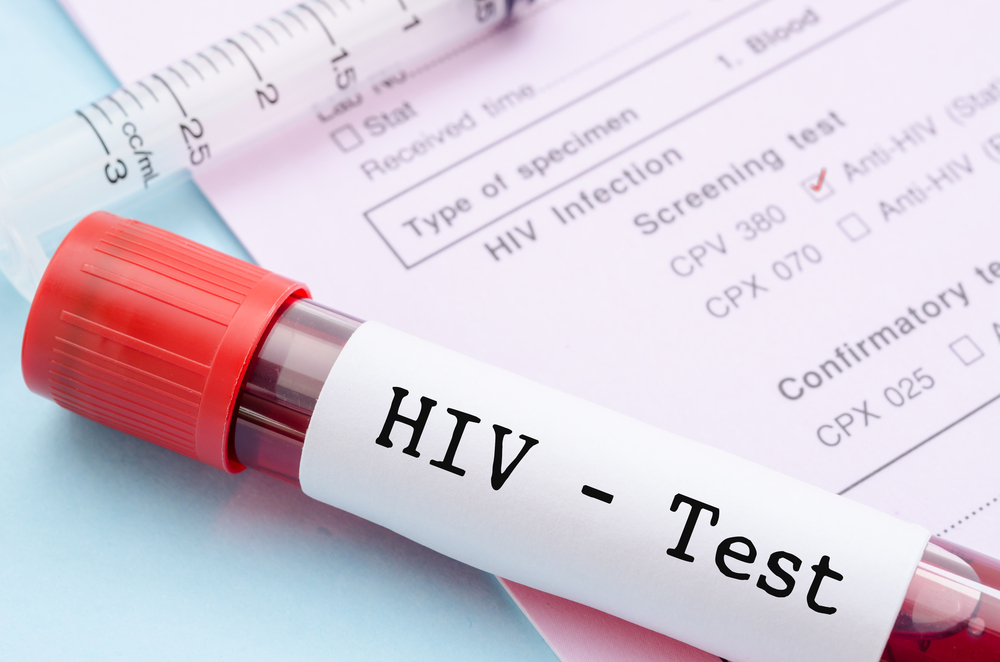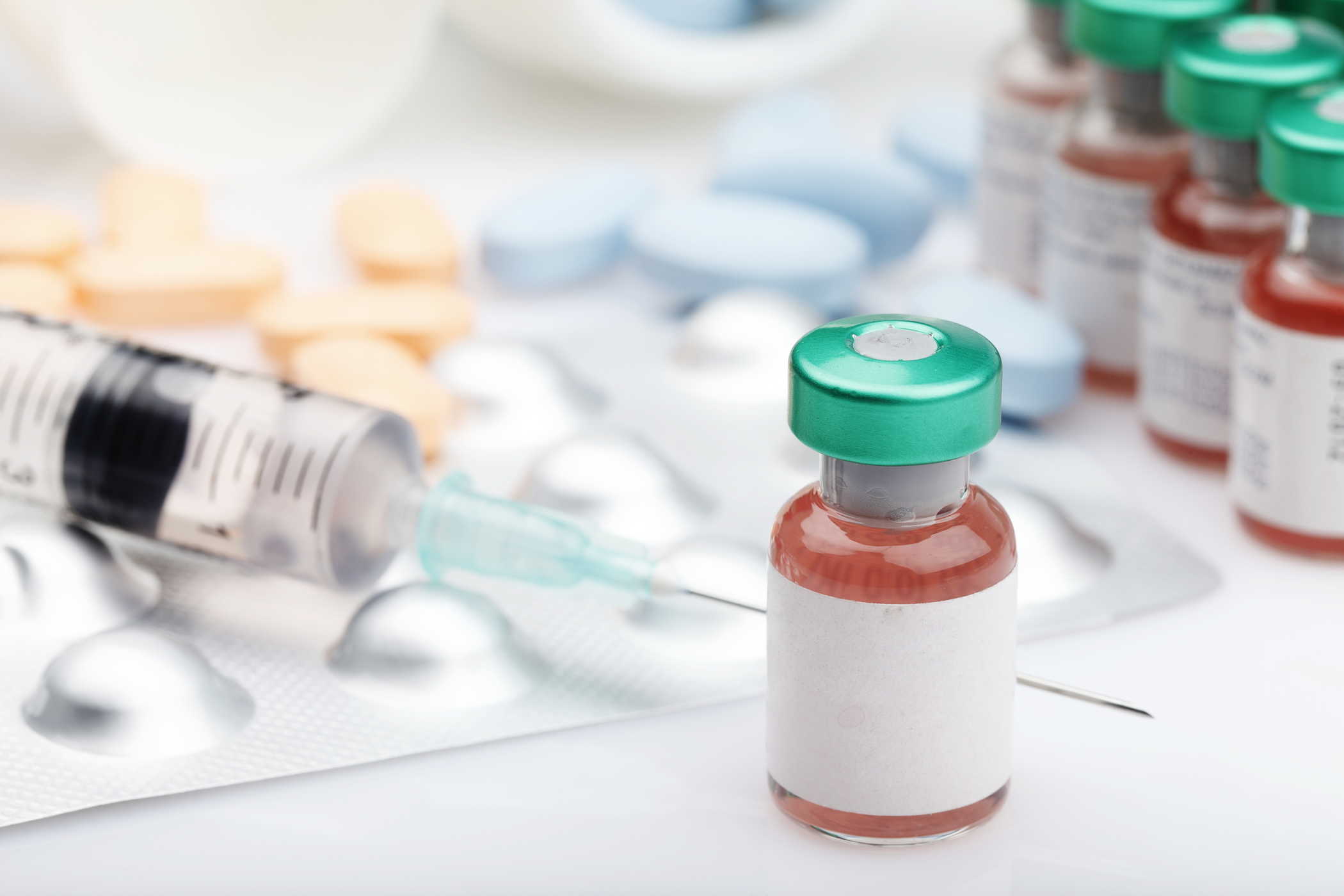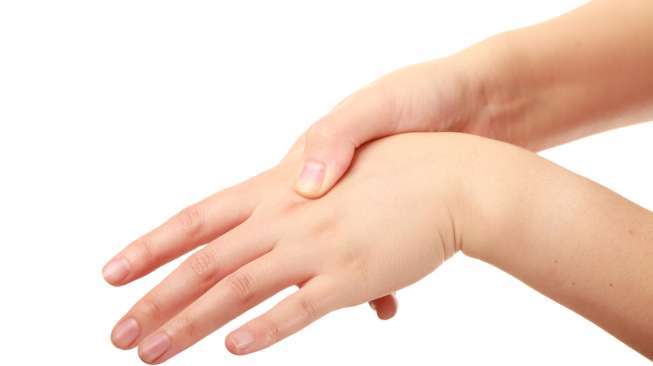Contents:
- Medical Video: Can HIV transmission occur through contact with ejaculatory fluid? - Dr. Ramakrishna Prasad
- Various ways of transmitting HIV other than through free sex and drug needles
- 1. Use sex toys (sex toys)
- 2. Work in a hospital
- 3. Eyebrow embroidery, eyebrow tattoo, lip embroidery
- 4. Blood donation and organ grafts
Medical Video: Can HIV transmission occur through contact with ejaculatory fluid? - Dr. Ramakrishna Prasad
The method of transmission of HIV to date is still often associated with drug use, free sex, and same-sex sexual relations. In fact, HIV / AIDS can be transmitted to anyone. Including people who have never used drugs, never used the services of commercial sex workers (CSWs), and never had same-sex sex. Did you know that it turns out that housewives, who in fact do not belong to the group above, belong to a group of people who are very vulnerable to HIV?
HIV transmission to unexpected people is more or less influenced by some daily activities that can actually transmit HIV, but never thought of before. What are they?
Various ways of transmitting HIV other than through free sex and drug needles
1. Use sex toys (sex toys)
Sex penetration, whether it is vaginal (penis to vagina), oral (genitals and mouth), or anal (penis to rectum) with partners who have HIV can make you contract the virus. Especially if you have sex without a condom. This is the most important method of transmission of HIV.
However, alternating sex toys can also be a cause of the spread of the virus from one person to another. If you or your partner has HIV, do not use sex toys alternately in one lovemaking session. The HIV virus does not generally live long on the surface of inanimate matter. However, sex toys that are still wet by sperm, blood, or vaginal fluid may be an intermediary for the virus to move to a partner.
Therefore, always hindari use other people's used sex toys. In addition to HIV, your vibrator or anal ring can also risk transmitting various sexually transmitted diseases such as gonorrhea, syphilis, genital herpes, and so on.
Also, health workers emphasize each partner to routinely undergo annual venereal disease tests, even if your status and spouse are officially married. Because, many people who do not know or even realize that they have contracted HIV. Symptoms of HIV also generally appear years after the first infection, which makes it difficult to diagnose.
2. Work in a hospital
Maybe at a glance you think that health workers are the healthiest people because they have access and knowledge that is qualified in the health sector. But what happened was the opposite. Health workers in hospitals, health centers, or clinics are in fact groups of people who are susceptible to various diseases, ranging from hepatitis to HIV.
These people can experience direct contact with blood from HIV-positive patients through open wounds. For example, nurse nurses who are taking blood from patients who are HIV positive. It's not impossible if a syringe that has been used by an HIV-positive patient is accidentally stuck in the skin of a health worker (also called needle-stick injury); if blood contaminated with HIV affects mucous membranes such as the eyes, nose and mouth; or if blood contaminated with HIV affects open wounds on the skin. However, the chances of skin accidents stuck to used syringes are relatively small, less than one percent.
The risk of health care workers contracting HIV will be very low, especially if they always use personal protective equipment (such as masks, hospital scrubs, headgear, special glasses, gloves, gloves) completely and correctly when on duty, alsoalways be careful when handling sharp objects and scattered blood marks.
3. Eyebrow embroidery, eyebrow tattoo, lip embroidery
Actually doing eyebrow embroidery, eyebrow tattoos, and lip embroidery are quite safe for health. But this trend of rising beauty can be a way of transmitting HIV if done by employees who are inexperienced or licensed, also who do not use sterile equipment. The reason, this embroidery procedure or facial tattoo involves slicing open skin.
Therefore, before you sit and embroidered your eyebrows or lips, make sure that all the equipment used is sterile. In particular, make sure that the scalpel of the needle used is a disposable one.
Ask the clerk to remove the seal of the new needle in front of you before starting the procedure, and ask him to immediately throw it in the trash bin once it's finished. Such precautions are important to avoid transmission and spread of blood-borne infections.
4. Blood donation and organ grafts
One of the conditions that must be fulfilled before a donor is that you do not have an infectious disease that is transmitted through the blood, such as HIV. However, not everyone is fully aware that he has contracted HIV and decided to donate blood or organs to help others.
If someone who is HIV positive donates blood, including organs or tissues (such as the bone marrow), the person who receives the donor is likely to get HIV infection as well.
Therefore, to prevent transmission of HIV and other blood infections, donor officials will usually test any donations of blood products for viruses such as HIV before being given to people in need.
Unfortunately, some developing countries may not have the equipment to test all blood. So maybe there are some samples of donated blood products that have been found to contain HIV. Fortunately, this incident is counted rare.
In most cases, the blood product you receive is actually safe. People who will donate blood or organs will usually be given questions that will help donor staff determine whether you have the risk of contracting HIV or not.
JIf you are worried, you have the right to ask health workers about it.You also do not need to worry about the needles that will be used, because as well as eyebrow embroidery and lip embroidery, the medical needles used are sterile and single-use needles. If you are not sure, ask your health care provider to replace the needle in front of you before transfusing or donating.













